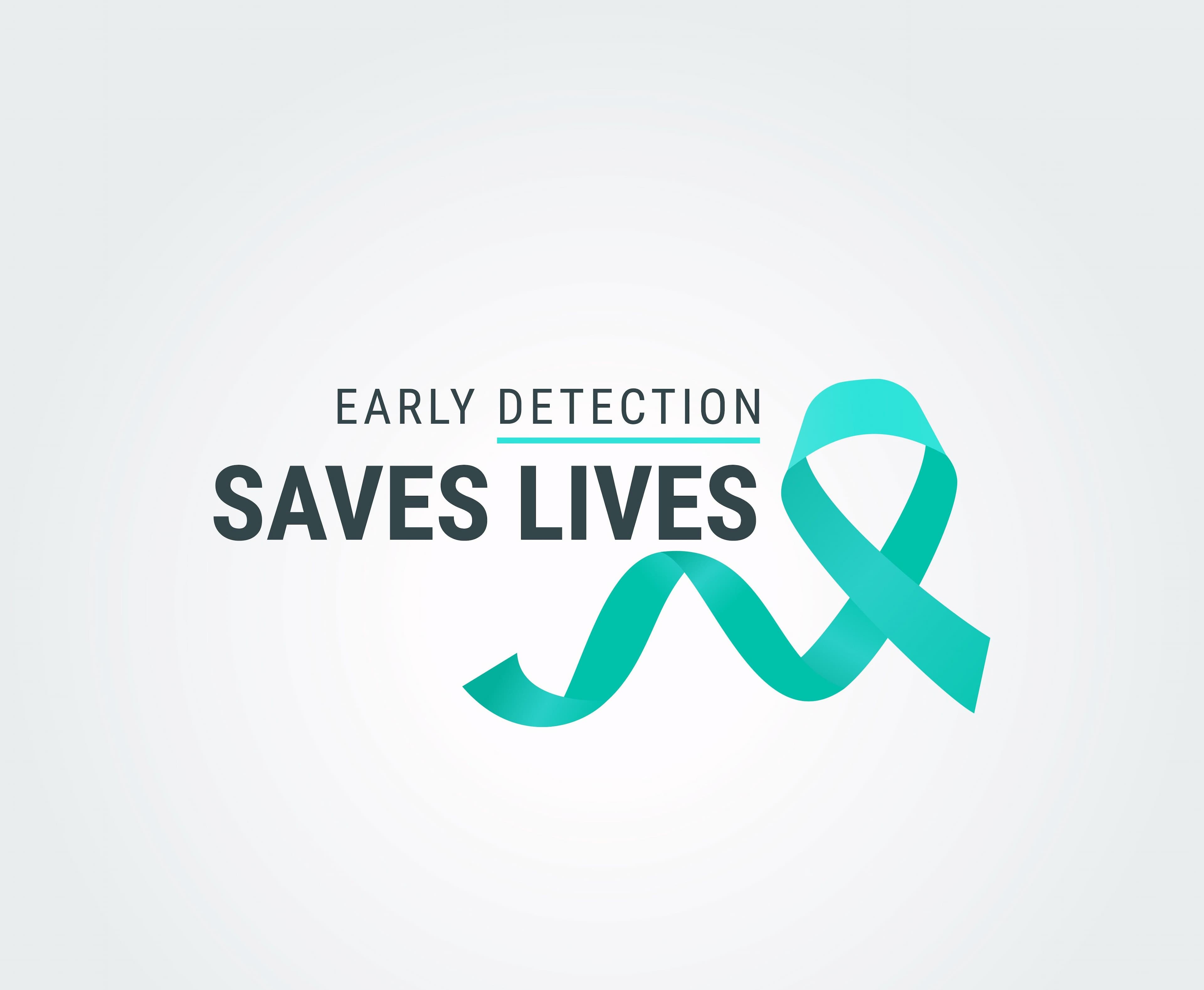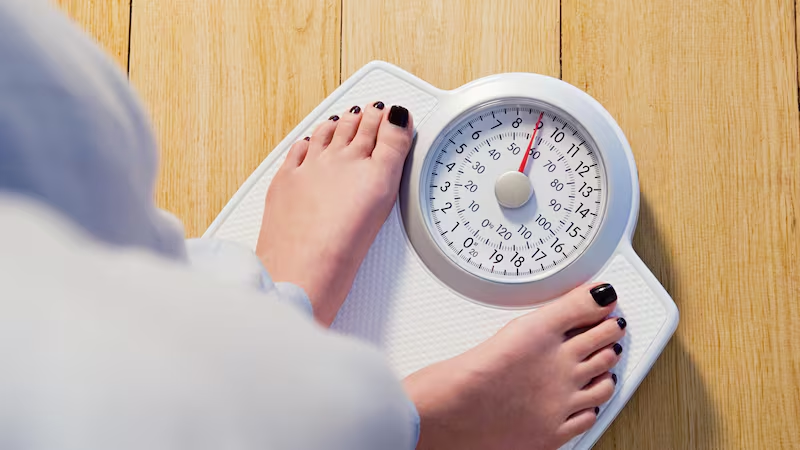
Jaw ache, fatigue? Doctors flag unusual symptoms of women's heart attacks
Unusual neck, jaw, or shoulder-blade pain and shortness of breath could be symptoms of a heart attack in women. As per UAE experts, heart disease in women continues to be under-recognised, under-diagnosed, and under-treated, largely because of the misconception that it primarily affects men.
“Females may not present with typical symptoms of chest pain,” said Dr Naveed Ahmed, Head of Department of Cardiology for Aster Hospitals and Clinics in the UAE. “Some will have only neck pain, jaw pain or numbness in the shoulder or just pain between the shoulder blades. Others may complain of indigestion, palpitations or unusual fatigue.”
Cardiovascular diseases (CVD) are the leading cause of death for women globally, accounting for nearly 30 per cent of female deaths; twice as many as those caused by cancer. According to Dr Hesham Tayel, consultant of Cardiology at International Modern Hospital Dubai, the difference in presentation, progression, and even diagnosis has led to a “silent crisis” in women’s heart health.
Dr Naveed added that women are often underrepresented in cardiac studies, leading to a lack of awareness among both doctors and patients about gender-specific symptoms. “When medical trials don’t represent certain populations, their experiences are not projected in the studies,” he said. “That's how most of the GPs might miss these symptoms.”
Additional Risks
While high blood pressure, diabetes, and smoking affect both sexes, women face additional threats, according to Dr Hesham. “They have to deal with issues such as pregnancy-related complications, autoimmune diseases, and hormonal shifts; especially before and after menopause,” he said.
Dr Kamal Al Abdi, HOD and Consultant Interventional Cardiologist at NMC Royal Hospital, Khalifa City, Abu Dhabi, explained why women’s risk of CVDs rises sharply after menopause. “After menopause, women lose the protective effects of oestrogen,” he said. “This hormone helped maintain flexible blood vessels and regulate cholesterol levels. This hormonal shift leads to increased LDL cholesterol or what is called ‘bad’ cholesterol, decreased HDL cholesterol and higher blood pressure.”
He added that women’s tendency to downplay their symptoms and attribute them to stress and ageing played a big part in delaying treatment, thus leading to more complications.
Dr Hesham said that even when diagnosed, women tend to have worse outcomes after heart attacks. “They are more likely to experience complications such as depression, pneumonia, and digestive issues, and are less likely to be referred to cardiac rehabilitation,” he said. “The recovery process for women is often longer, more complex, and less supported.”
Younger women
While heart attacks traditionally affected women in their 60s or 70s, Dr Naveed now observes cases in much younger women. “The youngest patient I have seen with a heart attack was 28 or 29,” he said. “Many think they are young and are female, so they will not suffer a heart attack. They miss the symptoms, and by the time they present, it is too late.”
He added that stress and lifestyle factors play a huge role in heightened cardiovascular risk in younger women. “Women may take up smoking or vaping to cope with the stress. There is also a lack of social support when women come to the UAE to earn their living. All these are contributing factors to increasing risks of CVDs.”
Read more:
khaleejtimes







